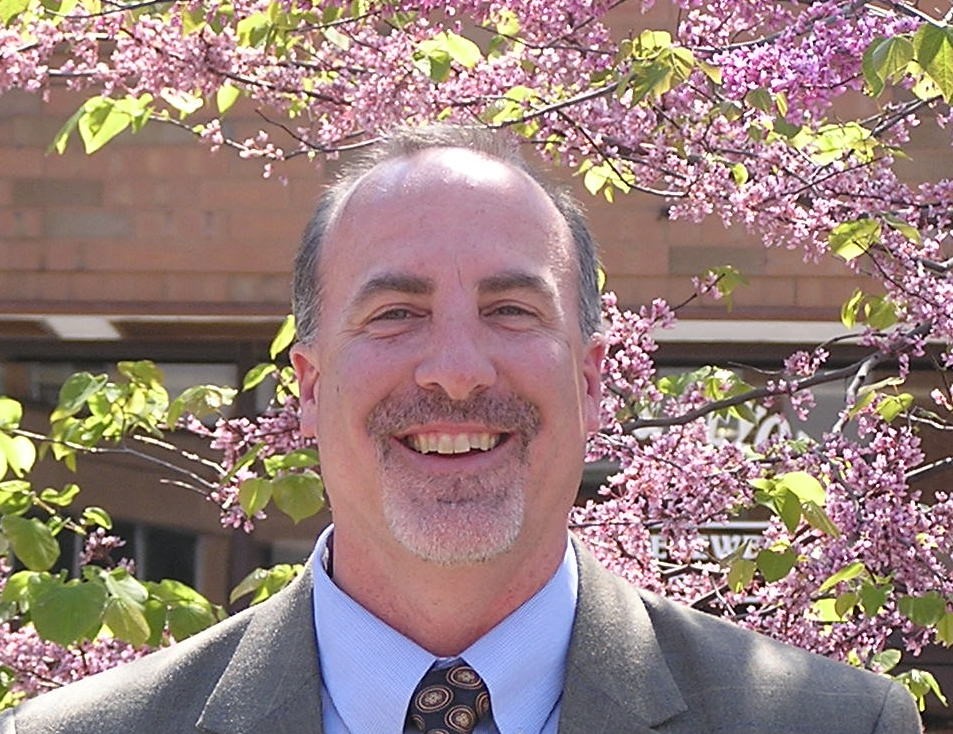Furthering cross-disciplinary researching into chemical processes in addition to understanding green and sustainable chemistry with Dr. Greg M. Swain
Green and sustainable chemistry involves using environmentally-friendly chemicals and materials whenever possible, designing energy-efficient reactions, using renewable energy sources, and minimizing environmental impacts by reducing the amount of waste by-products generated.
By developing greener and more sustainable chemical products and processes through basic research, future chemists will continue to play a key role in minimizing the environmental impact caused by the production of value-added chemicals, energy, medicines, soaps, fertilizers, clothing, and fuels.
Dr. Greg M. Swain: Education and career
 Dr. Greg M. Swain is a Professor in the Department of Chemistry and a member of the Neuroscience Program at Michigan State University (East Lansing, MI USA). He received a B.A. degree in Chemistry from the University of Texas at Dallas (1985) and a Ph.D. from the University of Kansas (1991).
Dr. Greg M. Swain is a Professor in the Department of Chemistry and a member of the Neuroscience Program at Michigan State University (East Lansing, MI USA). He received a B.A. degree in Chemistry from the University of Texas at Dallas (1985) and a Ph.D. from the University of Kansas (1991).
In between his undergraduate and graduate studies, he was a reservoir chemist at Atlantic Richfield Oil and Gas Co. (1985-87).
After postdoctoral fellowships at the Space Power Institute at Auburn University (1991-92) and the Faculty of Chemistry at Tohoku University in Japan (NSF/JSPS Fellow, 1992-93), he began an academic career in the Department of Chemistry and Biochemistry at Utah State University (1994). He relocated to MSU in 2000, where he has been since.
Understanding structure-property relationships of different carbon electrode materials
His group’s research is cross-disciplinary and team-based and is currently focused on understanding structure-property relationships of different carbon electrode materials (e.g., conducting diamond and tetrahedral amorphous carbon). As studied by electrochemical and spectroelectrochemical methods, for soluble and surface-confined redox systems in aqueous electrolyte solutions and room-temperature ionic liquids. Their research investigates tailoring the properties of these electrodes for application in chemical and biochemical sensors for health and the environment, microelectrodes for neuroanalytical chemistry, biomedical devices, and energy conversion.
His research group also investigates additively manufactured aerospace alloy materials (3D printing) with the objective of understanding how the surface texture, alloy microstructure, and elemental composition affect the electrochemical behavior of aluminum, steel, and titanium alloys prepared by laser powder-based sintering and fused filament fabrication methods. It is also a goal to better understand how surface pretreatments and coating systems are best applied to these alloys to effectively mitigate corrosion. Electrochemical methods, various microscopies, and surface science tools are routinely used in these studies.
Encouraging sustainable chemistry research and Dr. Swain’s continued leadership
Administratively over the years, he has served in various leadership positions at the national level including as Editor and Editor-in-Chief of the scientific journal, Diamond and Related Materials (Elsevier, 2009-2014) and a member of the Committee for Professional Training (American Chemical Society). At the university level, he has served as Associate Department Chair (Utah State University, 1998-2000), as an At-large Member of the University’s Steering Committee and Faculty Senate (MSU, 2017-2020), as an Academic Advancement Network Fellow (MSU, 2018-2019), and as Graduate Director in the Neuroscience Program (MSU, 2017-2021).
He currently serves as Editor-in-Chief for the scientific journal, Electroanalysis (Wiley, 2020-present), as the Education Coordinator for the Responsible and Ethical Conduct of Research program in The Graduate School at MSU (2019-present), and as the Director of Research Integrity in the Office of the Vice President for Research and Innovation at MSU (2023).
Finally, he directs the National Science Foundation-funded Research Experience for Undergraduates (REU) program in the Department of Chemistry at MSU entitled, Cross-Disciplinary Training in Sustainable Chemistry and Chemical Processes (2014-present).
Philosophically, the program is designed to teach undergraduate students about conducting graduate-level scientific research in “green chemistry” and to help prepare them for postgraduate education or to enter the workforce through development of problem-solving skills, chemical literature and information skills, safe laboratory practices, communication and teamwork skills, and ethical awareness as it relates to conducting scientific research.


